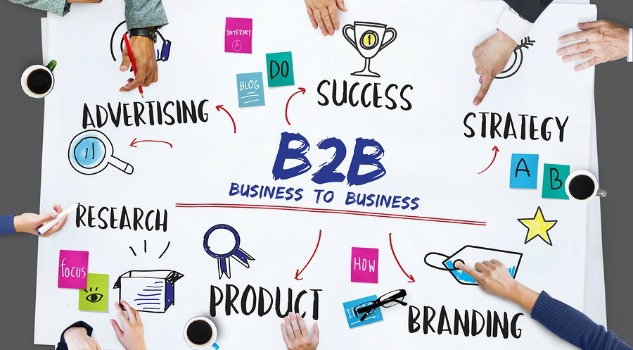It’s not news that businesses need an online presence to stay relevant, and top of mind. eCommerce has long been touted as a way for growing businesses to level the playing field. But in the pursuit of eCommerce, have B2B businesses been left behind?
B2B eCommerce is the way forward – here’s why
Without a multichannel approach to market, B2B businesses are highly likely to be leaving money on the table, and even losing customers to competitors.
Captures the growing online market
B2B businesses are increasingly adding an eCommerce platform to the traditional sales model as a way to capture the online sales opportunity. B2B eCommerce platforms allow businesses, for example manufacturers, to tap into B2C online buying habits, and make it easier for buyers to place orders anytime and anywhere.
Levels the playing field
An online portal can give a B2B business a highly scalable presence that is comparable to that of bigger companies with deeper pockets.
With a professional and user-friendly site, you have the ability to attract a wider audience searching for a consistent and efficient buying experience. This can include providing a simple and transparent purchasing process, clear product photos and specifications.
Enables the self-service mobile generation
Market pressures are driving B2B businesses to offer self-service ordering via multiple channels and importantly, digital channels that are mobile friendly. B2B buyers are increasingly depending on mobile devices along the entire purchase path – from researching products, comparing prices, to contacting merchants and completing transactions.
Allowing customers to self-service is a win for everyone including the business, who can spend more time on building relationships with customers rather than on processing orders.
What to look for in a B2B eCommerce platform
Your choice of platform will depend on your business and the types of products and services you offer however there are two key factors to consider.
Purpose-built for B2B eCommerce
Be wary of B2C eCommerce vendors that have adapted their offerings for B2B without recognising the complexities of B2B transactions. Avoid costly headaches with a purpose-built B2B platform with functionalities such as customer-specific pricing, dynamic pricing, and custom product.
Integration capabilities are prioritised
Successful B2B eCommerce platforms integrate with existing business systems and support capabilities such as real-time inventory levels. Without such integration, businesses risk unnecessary friction in the customer experience.
A growing number of manufacturers for example are establishing eCommerce platforms so that customers can purchase direct. This can complement existing sales channels, but requires greater emphasis on managing production and stock across the multiple channels.
It is critical for any eCommerce software to integrate seamlessly with back-end systems so that business owners have a clear view of what is going on within the business at all times; avoiding overstocks, understocks or second-guessing margins.
One business that has successfully established a B2B eCommerce presence is Montana Colors Australia. A relatively small distributor of spray paint products, the company’s key challenge was managing bulk orders from a selection of more than 1000 products. Using disparate systems and receiving orders through email rather than a specific B2B eCommerce system meant employees were spending considerable time checking and processing orders, resulting in both costly mistakes and inefficient use of time.
Setting up a B2B specific eCommerce platform has enabled Montana Colors automate systems and efficiently process B2B orders while saving at least five employee hours a day and greatly reducing error rates.
B2B eCommerce is a game changer for growing businesses that have the right systems in place to effectively capture the growing eCommerce market, process orders efficiently and give customers the purchasing experience they have come to expect.
Gareth Berry, CEO, Unleashed Software












